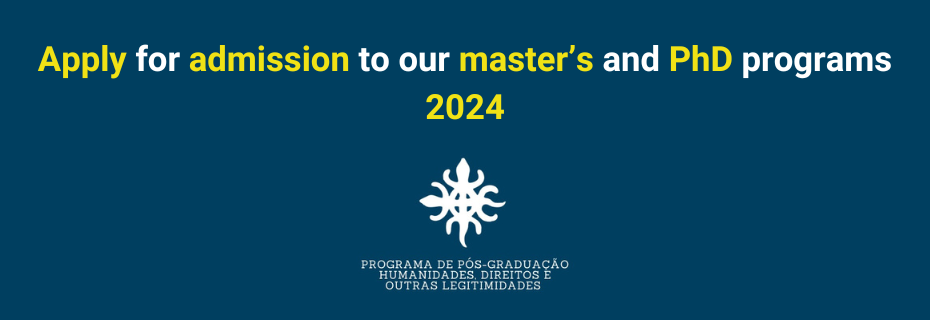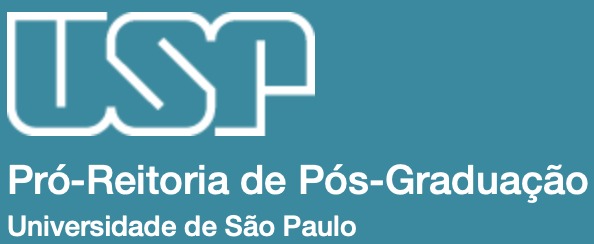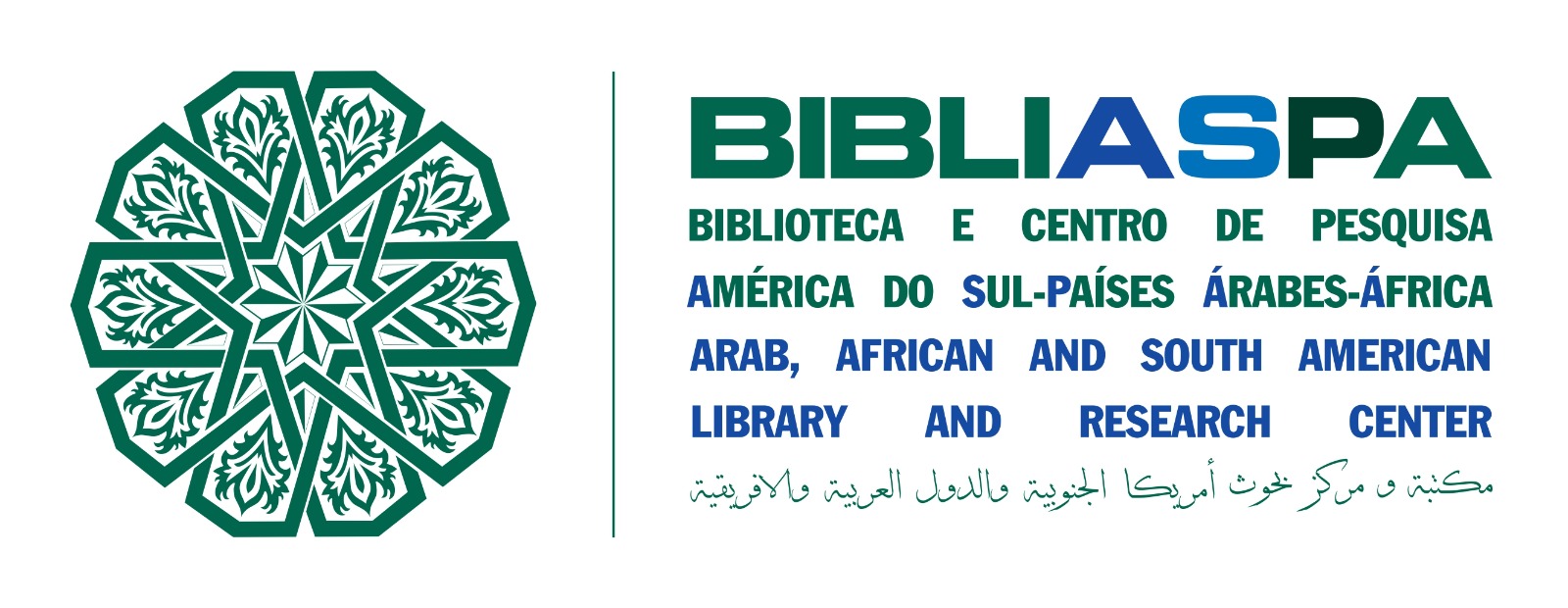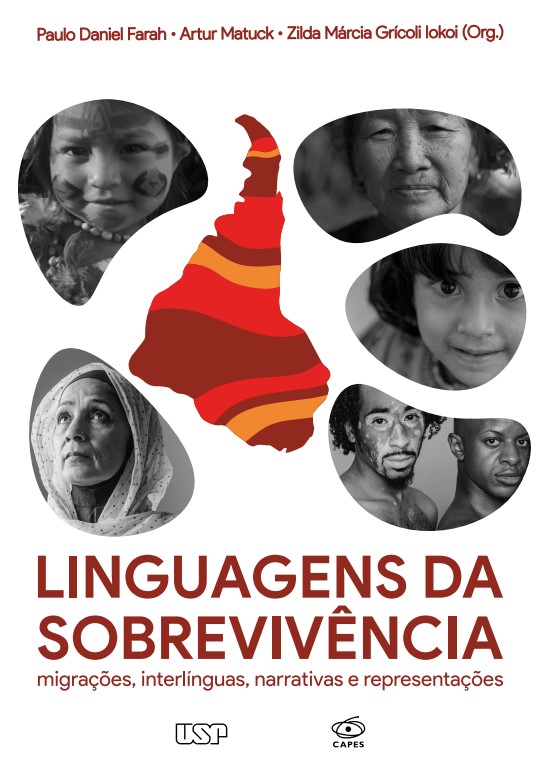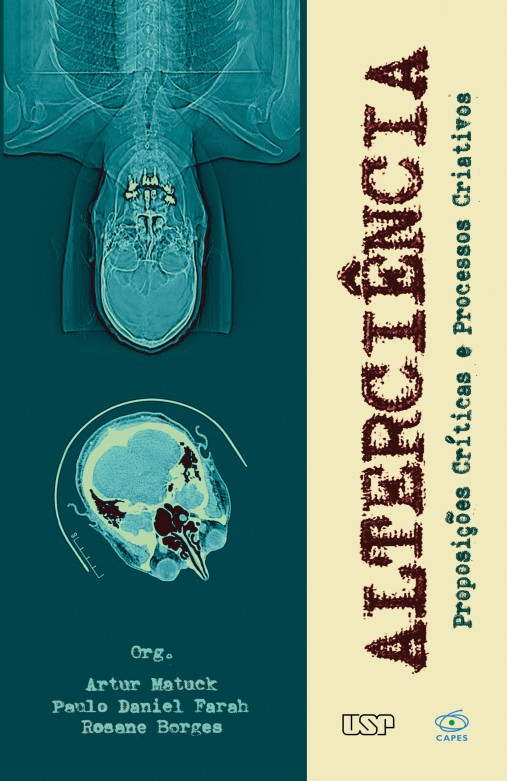We presuppose the recognition of a complex history of modern democratic societies that are inseparable from the construction of an industrialized society, state bureaucracy and scientific knowledge. Any meaningful transformation in this social organization will imply changes in knowledge. Since social problems are also problems of knowledge, the struggles around constructions of social hierarchies and institutions are resistence for the interpretation of interlinking of the natural, the social and the psychological. The alleged authenticity or the illegitimacy of the social structures came from the forms of understanding that today are built by a vast range of knowledge and information production facilities. Therefore universities are one of the responsible institutions for the recognition of the diverse, the unusual and the solutions that came from the experience of all human beings in the relationship with nature. The strength and violence that go around the social and political relationship are not enough to keep logical societies in the hierarchy. How do we change the closed statues of scientific knowledge, keeping the sparkle of the experiences devoid of the power, where the symbolic levels have so much attention from the scientist like the experiments carried out by modern technology? We found that this trajectory is different when we look at the different colonizer societies and the colonized societies.
Understanding some of these trajectories in Brazil is one of the goals of this program and can be useful for the understanding of colonization singularities and the exclusion of the colonized. Therefore, one of the epistemological foundations of the program is in the need of huge changes on modes of knowledge production, since, with the advance of modern technology, was a radical process of separation between the lived and the scientific ways of conceiving the subjects and the things. This separation came from the representation of sectors that attributed themselves to the domination of the knowledge of nature and the social relationship to the detriment of knowledge ignored or not considered by scientists. In a certain way, the hegemony of one kind of knowledge is numerous times more arrogant than superior, which emerges with the social transformations produced in the bulge of colonialism since the sixteenth century. Often, the relations between these peoples were permeated by mutual ignorance, indifference, prejudices, aggressions and violence.
In modern times there were profound changes introduced in the relations between the structures of power and the different social subjects. It was necessary to make room for differentiated claims and distribute portions of power to those without representation. For this, the separation between those who could complain and those banned from this act generated clashes that ended the Old Regime. From a revolutionary aspiration in the 20th century, democracy became a slogan adopted universally, but empty of content (Wallerstein, 2001). The link between the democratic trajectory and the construction of knowledge within this paradigm gradually transformed this historical dilemma into an epistemological problem, since the emptying of democracy conditioned the role and place of knowledge and the ways of its production over the last century.
At the end of World War II two debates involved the most different groups of scholars: the desire for democracy and the search for its universal viability. The variation in democratic practice was seen with greater interest in the post-Cold War period, especially by overcoming popular or liberal adjectives. As a result of the globalization process, the practices of local democracy and its variations within the national states emerged more clearly, allowing the recovery of participatory traditions (as occurred at some levels in Brazil (participatory budget in Porto Alegre), India (openness to caste participation in the political process) and Bolivia (structuring of the pluri ethnic state).
In the light of this process, there is a threefold crisis in knowledge about democracy: its universal viability (Moore, 1966); its existence in a single homogeneous form (Schumpeter, 1942) and its variation within national states, from the recovery of traditions and knowledge despised by the hegemony of dominant knowledge (Anderson, 1991). It follows from this last reflection the need to expand the investigations on specific knowledge found both in the various places, as well as in the various areas of knowledge, a phenomenon already underway in anthropology, psychoanalysis, and history. However, it was to the present moment in law (Bobbio, 1986) and in Philosophy that the debate was especially explained with lefort's contributions (1986); Castoriadis(1986); Habermas, (1995) for the Northern and Lechner countries(1988); Borón, (1994) and Nun, (2000) for the countries of the South. These studies, however, maintained the same modality of previous procedures, reaffirming the substantive conceptions of reason, not recognizing, therefore, the plurality of the human being and his knowledge. The challenge that is currently posed is to overcome the idea of the common good maintained in these studies and create a cultural and social grammar beyond the understanding of social innovation, articulated to institutional innovation, that is, a new institutionality for democracy that does not remain limited only to state institutions.
The use of the public sphere to discuss the inequalities in the private sphere, proposed by Habermas as a broad deliberation principle, introduced a wedge in the postulate centered on the primacy of state authorization, as advocated by Kelsen, Schumpeter or Bobbio. But, as Joshua Cohen (1997) defines, it is necessary either to accept democracy already existing in some places, in the collective form of political power, anchored in a free process of reasons between equals, or, more, to create a new mode of knowledge production, anchored in a new grammar that constitutes participatory democracy and no longer in the representative process, exhausted in the abyssal separation between representatives, represented and representation.
This Graduate Program therefore aims to bring together scholars who are willing to investigate the experiences arising from these critical analyses and open a wide field of eaves of eavesputes and records articulated in the triad about the lived: inventory of new singular knowledge, another dimension for science and a knowledge that dialogues with the various habitus. The methodology is rooted in the encounter between oralities that open to new records and formulations of meanings, to knowledge originating from democratic and participatory relations, where knowledge interacts in new languages aiming at an epistemology of the multiple meanings of culture as a political experience that expands and shares powers: an ecology of knowledge understood as the indissociability between the lived and the knowledge that interconnects different times and spaces and that allow us to analyze the cultural phenomena integrated in the ecosystem that regulates and protects life, identifying the immense range of experiences that have been disregarded until now due to the separation between scientific knowledge and the multiple knowledges existing on the planet.


